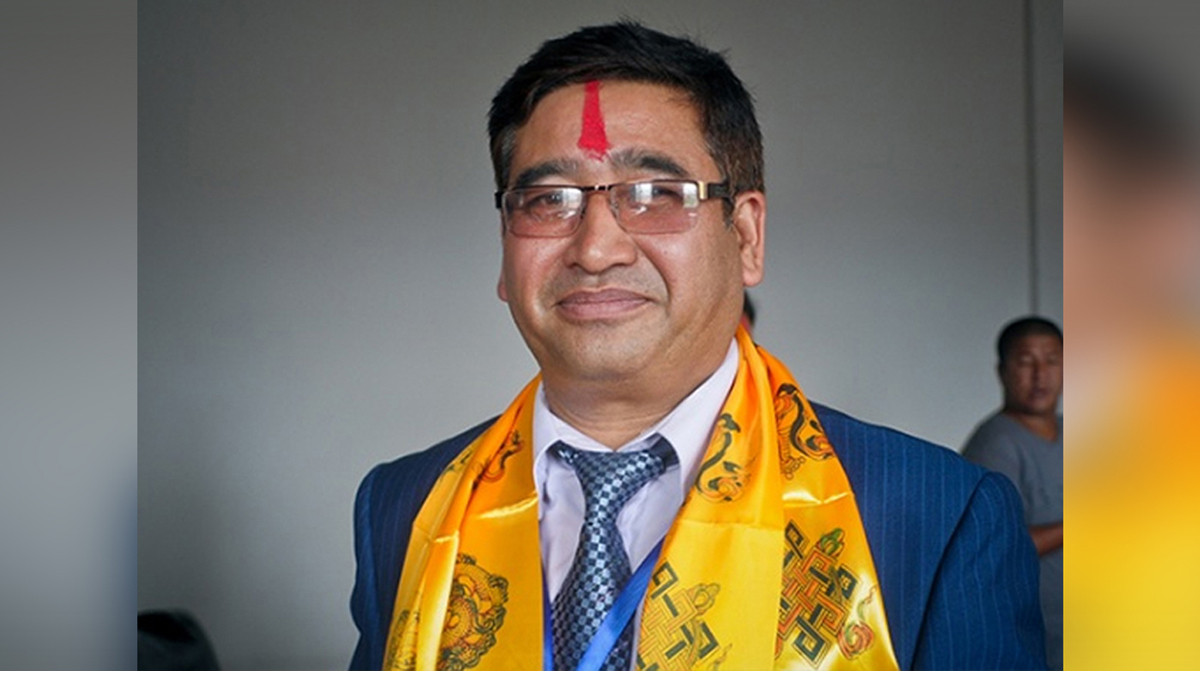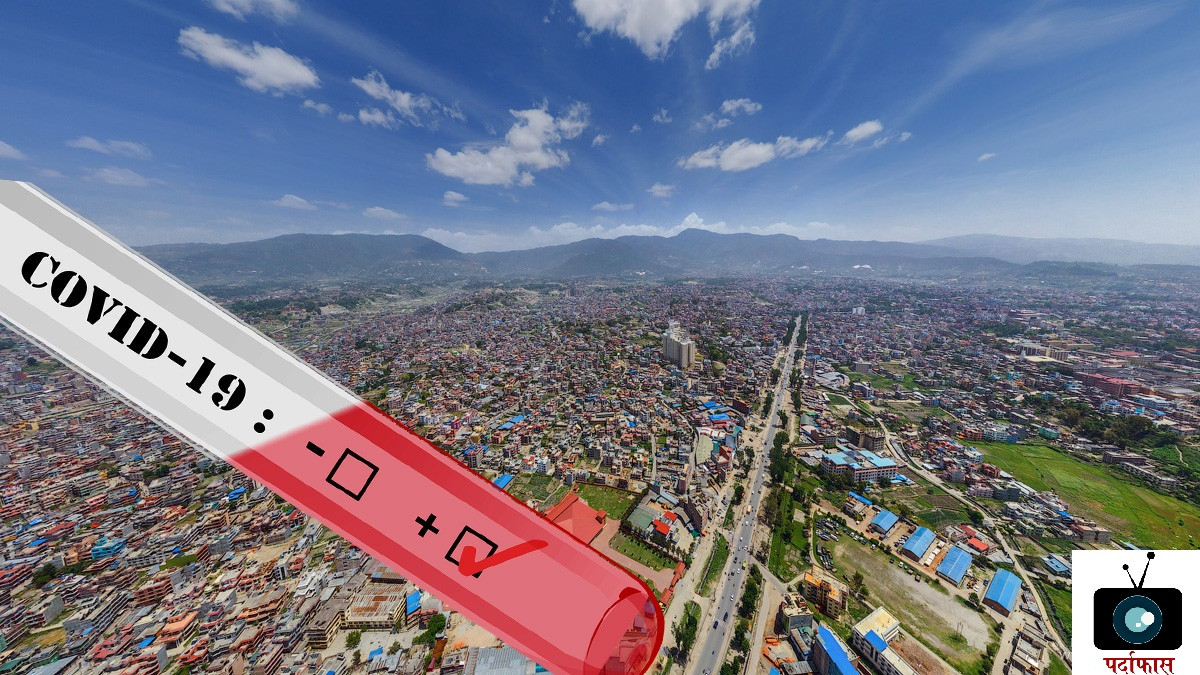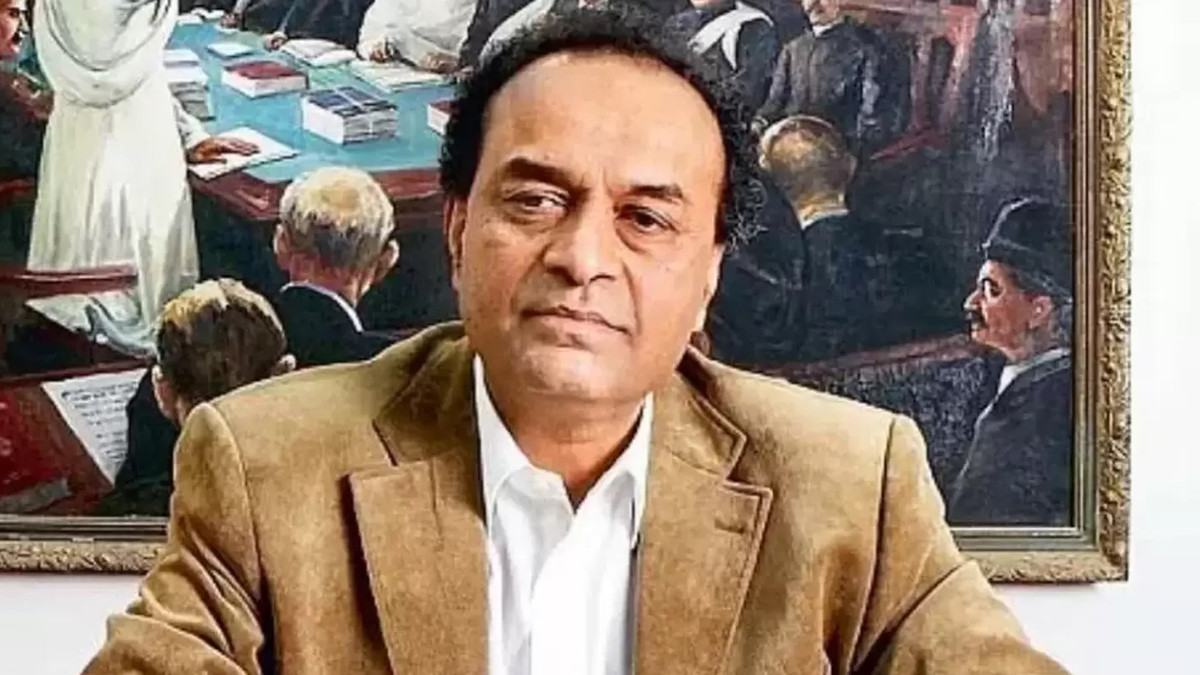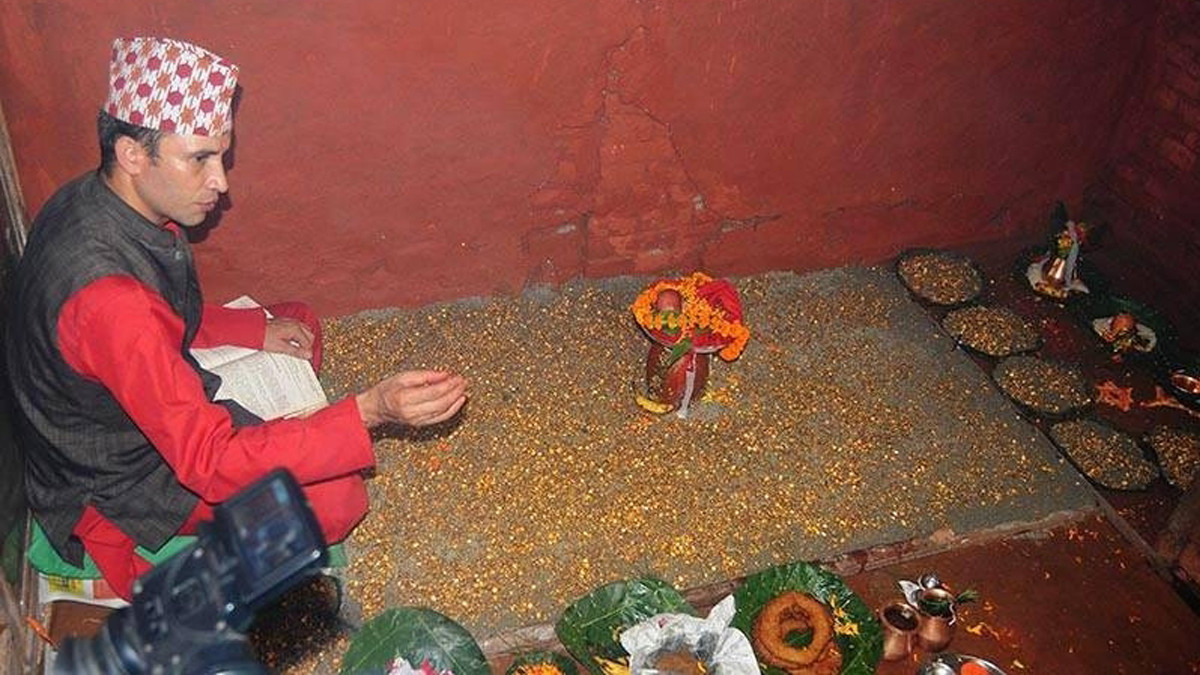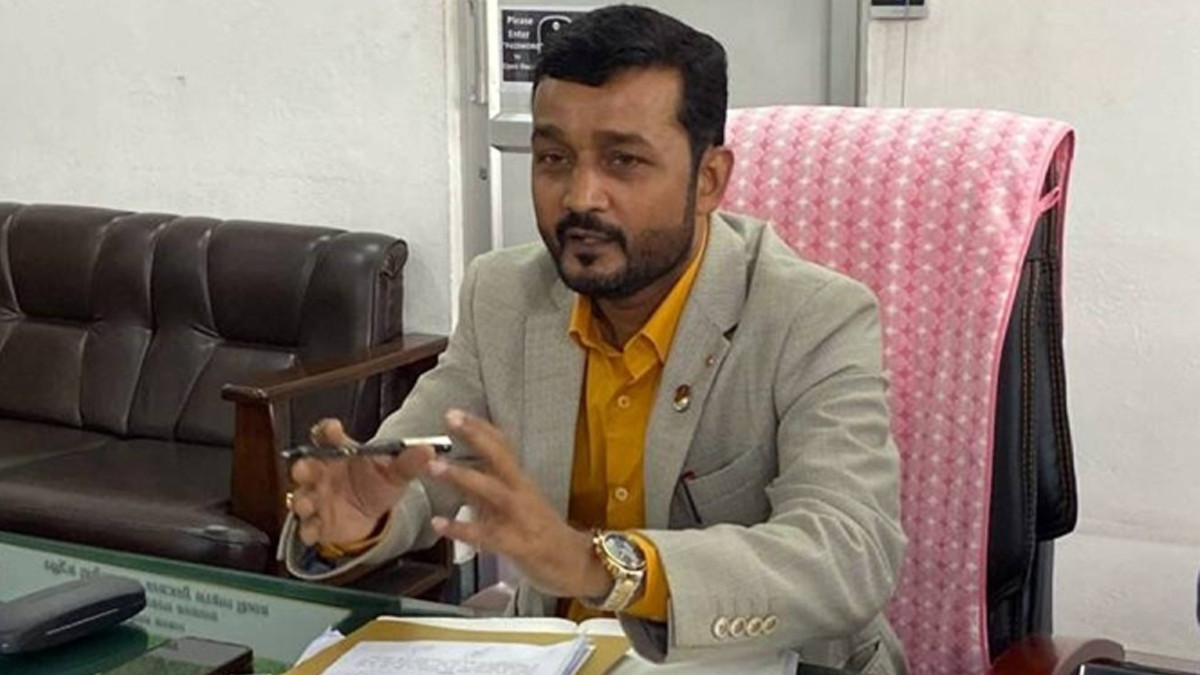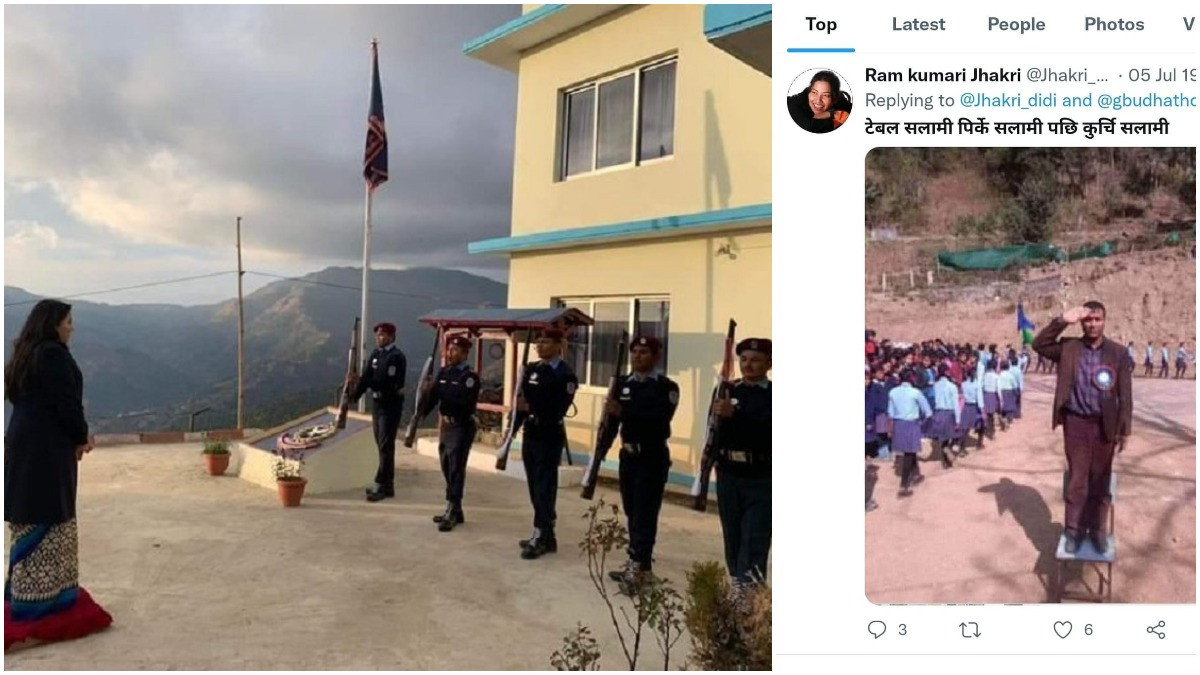
A few days ago Tanahu District Court convicted five people of child-marriage and sent them behind the bars.
Tanahu, is a comparatively developed district and the general population here are considered more educated in comparison to hilly and underdeveloped districts in the country.
One might think that the action taken by the judicial system might be important to discourage the social evil still rampant in Nepali society. But on the contrary, the punishment they received might encourage other people to commit such crimes. The court had punished the culprit men for 15 days in jail and fine of Rs 5,000 from each.
The amount of punishment can be considered very less when the existing Criminal Code Act has provisioned for jail upto three years and fine of up to Rs 30,000 for the culprit. In the Tanahu case the police had demanded maximum jail and fine for the accused. “After completing the investigation we had demanded maximum jail term and maximum fine for the accused, but it is the job of district government attorney and the court’s job to slap punishments for the culprits,” SP Rajendra Babu Regmi, head of Tanahu District Police.
In this case police had investigated the case on their own as there were no official complaints from the girls’ side. Police are authorized to investigate cases related to children and women without waiting for formal police complaints. But, despite police effort the erring Nepali men, who married underage girls could now walk away without facing stricter punishments.
Similarly, the law mentioned that child-marriages once proven from the court will be nullified. But, there is no proper mechanism to watch if the girls who were forced, coerced or lured into child marriages are still living with the same man they were married to or they are living in their parents’ homes. There is also a dire need of counselors and mediators to relocate or rehabilitate the under aged girls at the right place, as girls who got married are not supposed to live with their parents in Nepal.
Prabin Silwal, coordinator of National Campaign for Children told Pardafas that there are no effective mechanisms to properly handle the under-age girls who were married but the marriage was nullified by the court’s decision. Silwal said that the local government could become a hope for those trapped girls. “But, the local governments which have been mandated to work for children rights in their area are almost defunct across the country due to various reasons.”
The local governments can form a ‘Chid Right Welfare Council’ under the leadership of vice-chair or deputy mayor of the local government. It is also mandated to select one employee to work in this sector and watch all activities related to children in its area. “However, some basic lack of regulations have hindered the local level from taking the initiative about which the federal government has given very little attention.” Silwal said that proper councils in the local governments can reduce all kinds of atrocities against the children, swiftly enhancing Nepal’s child rights scenario.
As of now child marriage is in ever increasing cases. Nepal Police reported 84 cases of child marriage in the fiscal 2020-21, a rise by over 31 per cent in comparison to previous fiscal year of 2019-20. In fiscal year 2018-19 a total 88 cases of child marriages were filed at the police. Nepali laws prohibit marriage under the age of 20 years.
Right activists and stakeholders claim that the cases reported to the police is only the tip of the iceberg as a much larger number of cases of child marriages are happening in the country. “These are probably the cases reported to police. As studies show that progressive districts reports 30 per cent child marriages among all marriages while backward districts records above 60 per cent child marriage of all marriages.
Similarly, 27 cases of child marriage were recorded in the first six months of the lockdown imposed by the government to subdue the COVID-19 pandemic starting 24 March 2019.
Nepal is a member of the South Asia Initiative to End Violence against Children, and have rectified the first Regional Action Plan to End Child Marriage in South Asia (2015-2018). In November 2014, SAARC Seminar was organised in Nepal and had presented a paper on 'Kathmandu Call for Action to End Child Marriage in South Asia'. However, the same Nepali government who proposed the goal seems to have given less effort to meet this goal.
Sustainable Development Goals (2016- 2030) has also mentioned end of child-Marriage as one of its core goals which Nepal has approved without condition. Moreover, after the transition of the country in federal republic, many local governments have declared to be a ‘child marriage-free local body’, but its implementation seems starkly ineffective.
Despite ample interventions against child marriage by the government, non-government organisations and development partners, cases of child marriage are still rampant, says a recent report on 'State of Children in Nepal' by National Child Rights Council under the. As recorded, Nepal is in the third place after Bangladesh and India among SAARC member states in terms of child marriage cases.
The MoWCSW last year issued a procedure to incorporate anti-child marriage programs into periodic and annual plans and programs of the local levels and implementing them effectively. It stressed on importance of the participation of male children, teenagers and men in fighting child marriage and help create women friendly society. But, it seems that Nepal has to wait for a few more years to bear fruit from the program.



